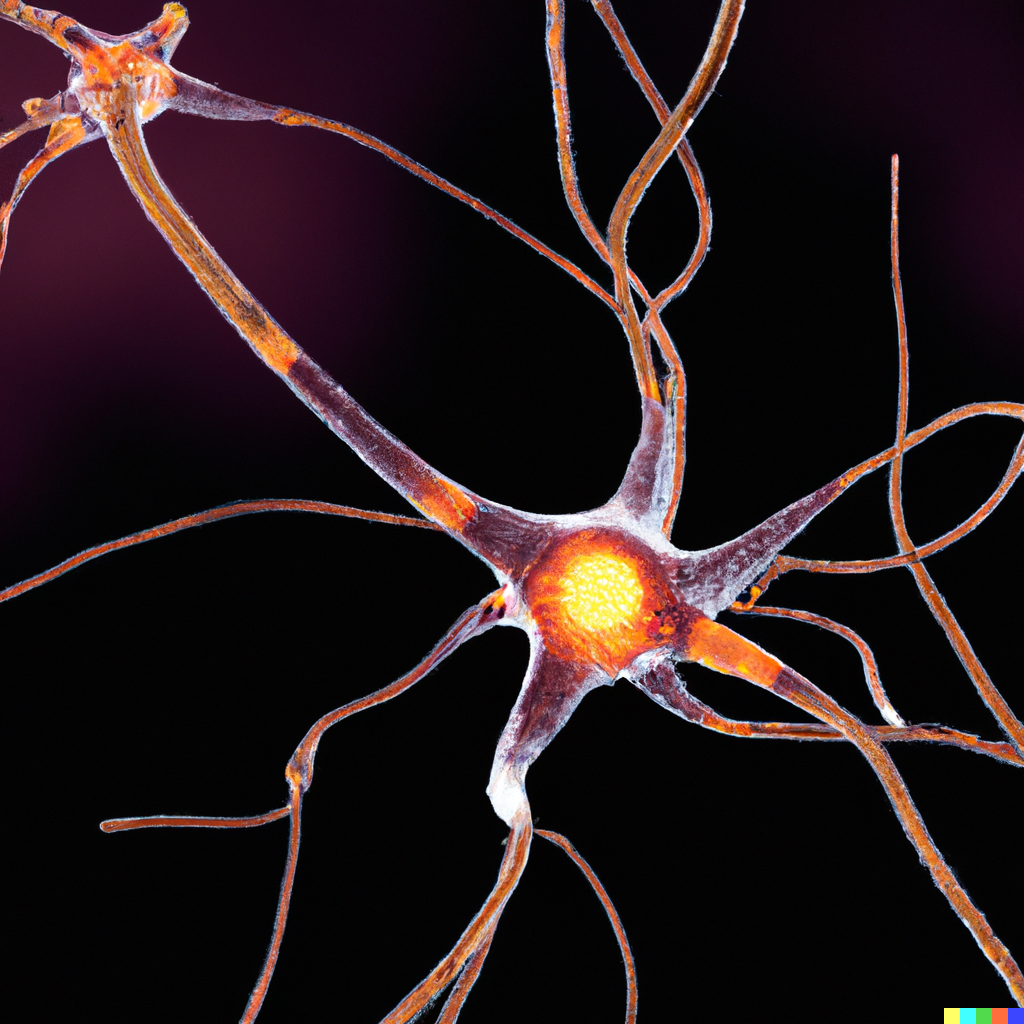What Words to Avoid – Communicating with Loved Ones with Dementia

When communicating with a loved one with dementia, it’s important to be mindful of the words and phrases you use. Here are some tips to help you have more positive and effective interactions:
- Avoid using negative words: Try to use positive and encouraging words instead of negative or critical ones.
- Avoid using confusing words: People with dementia may have difficulty understanding abstract or complex language, so it’s best to use simple, clear language.
- Avoid asking questions that may be difficult to answer: Avoid asking questions that require a person with dementia to recall details from the past or make complex decisions. Instead, try asking questions that are easier to answer, such as “What would you like to do today?”
- Avoid correcting the person: People with dementia may sometimes have confusion or misunderstand things, and correcting them can be upsetting and disruptive to the conversation. Instead, try to redirect the conversation in a gentle and supportive way.
- Avoid using condescending language: People with dementia are still individuals with feelings and emotions, and it’s important to treat them with dignity and respect.
Here is a list of words and phrases to avoid when communicating with someone with dementia, presented in bullet point form:
- Complex or abstract language
- Questions that require recalling past events or making complex decisions
- “That’s not what happened” or other correcting statements
- Condescending language, such as “Oh, you don’t remember that?”
- Dismissive language, such as “That’s just silly.”
- Negative words, such as “hate” or “afraid”
- Commands, such as “Do this” or “Don’t do that.”
- “Remember”
- “Complex instructions”
- “Abstract concepts”
- “Impossible”
- “Impractical”
- “Too hard”
- “Too difficult”
- “Too much”
- “Too many”
- “Irrelevant”
- “Unimportant”
- “Incorrect”
- “Wrong”
- “False”
- “Difficult”
- “Challenging”
- “Stupid”
- “Foolish”
- “Ridiculous”
- “Silly”
- “Silly questions”
- “Impatient”
- “Frustrated”
- “Angry”
- “Disappointed”
- “Pessimistic”
It’s important to remember that the goal is to use clear and simple language, avoid negative words and phrases, and be patient and understanding when communicating with someone with dementia. This will help them feel valued and respected and make interactions more positive and productive.





